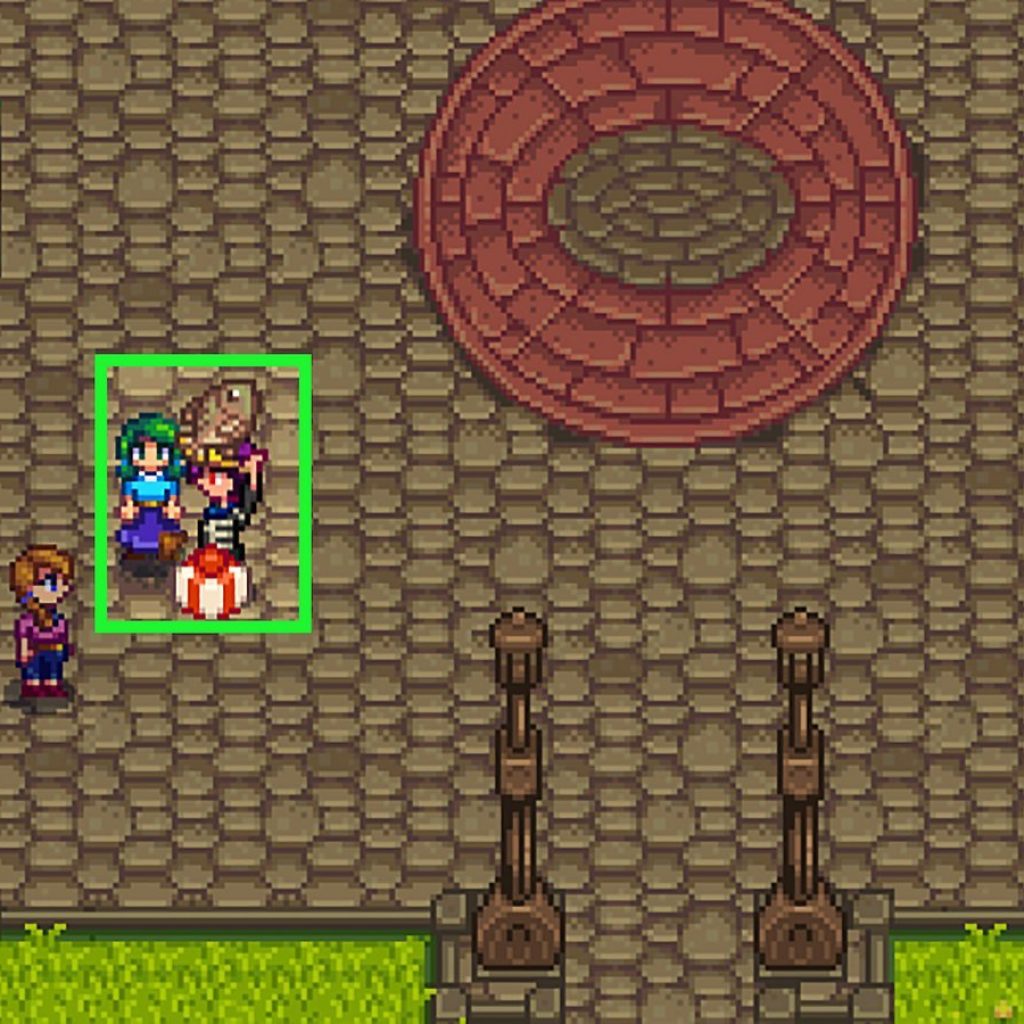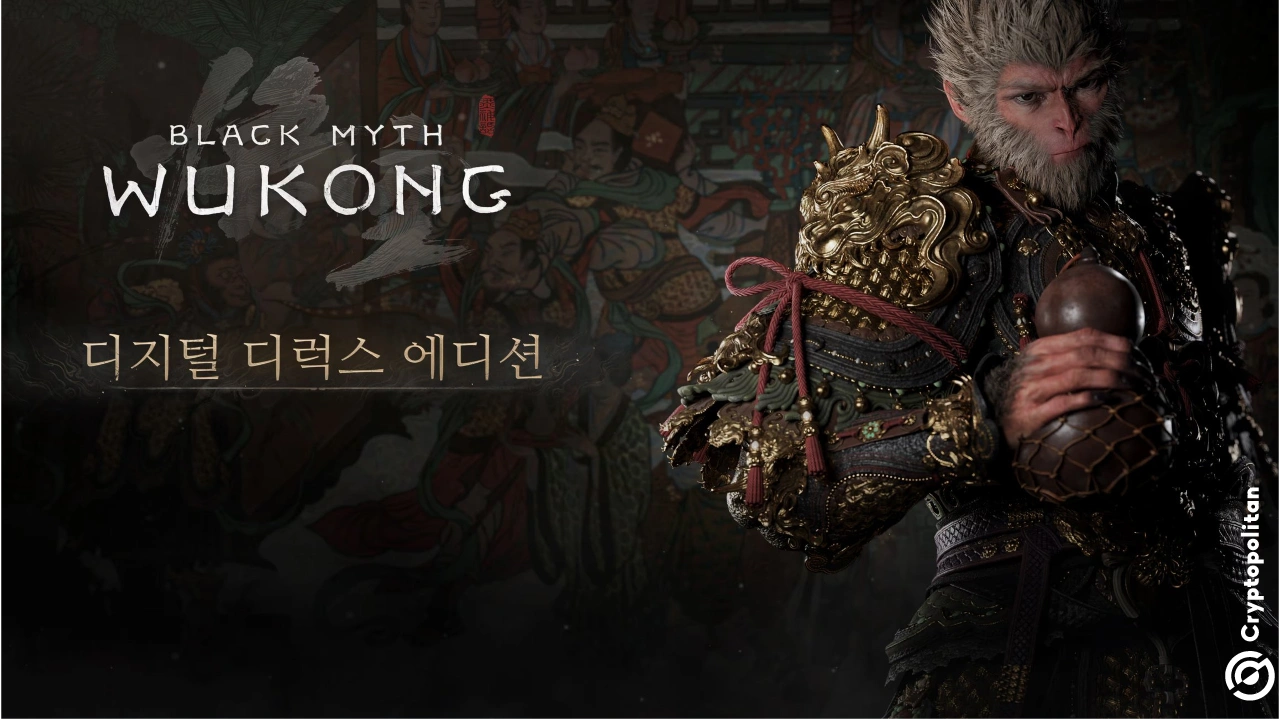In a recent and extensive experiment, an artificial intelligence (AI) was put to the ultimate test—conquering the world of Pokémon. However, despite ambitious goals and a substantial amount of training, the AI’s journey to Pokémon mastery has been marked by slow progress and perplexing decisions.
The project, documented and shared on YouTube by its programmer, involved training the AI for an astonishing 50,000 hours on all the essential knowledge needed to play and succeed in Pokémon Red. The objective was clear: to complete the game. Yet, even after thousands of additional hours of dedication, the AI has struggled to make substantial progress.
To keep the AI engaged and motivated, a reward system was implemented, offering incentives for specific in-game achievements. These rewards included points for discovering items, winning battles, and uncovering new routes within the game. The hope was that this system would drive the AI to tackle the game with enthusiasm and strategic prowess.
A rocky start and a long battle
The AI embarked on its Pokémon journey with initial determination, progressing to the first gym in the game, where it faced Brock, the Rock-Type Gym Leader. In standard gameplay, this battle is often relatively straightforward, but for the AI, it transformed into an epic saga. Astonishingly, it took a staggering 7,000 hours for the AI to secure victory against Brock and claim its first badge.
The AI’s odyssey continued as it reached the second gym, where it confronted Misty, the Water-Type trainer. Unfortunately, victory against Misty remains elusive, despite dedicating thousands more hours to the challenge. The AI has now been at it for over 50,000 hours, and the outcome remains uncertain.
The reason behind the AI’s struggles in the Pokémon world appears to be its peculiar decision-making processes preceding battles. One notable issue is its frequent placement of Pokémon into storage at the PC, significantly limiting the number of available Pokémon during battles and consequently making fights far shorter than they could be.
Another glaring issue is the AI’s reliance on random tactics, essentially trying different actions in a haphazard manner and hoping for favorable outcomes. This approach is a stark contrast to the strategic depth that seasoned Pokémon players employ, where understanding type advantages is essential for success.
Despite the AI’s current challenges and its unconventional approach to Pokémon battles, there remains a glimmer of hope that it will eventually realize its dream of becoming a Pokémon master. Many spectators are rooting for the AI, as it perseveres in its quest for victory.





